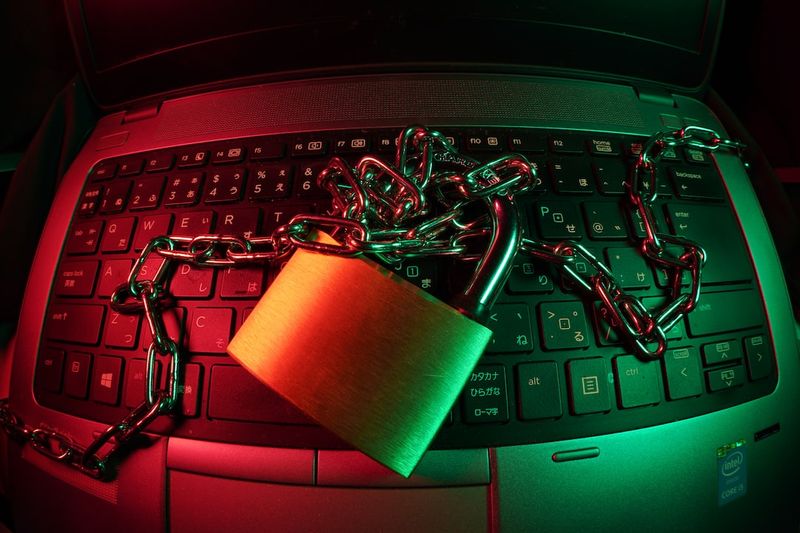Cybercrime: North Korean Hackers Steal $53 Million in Cryptocurrency From CoinEx
Introduction
In a major cybercrime incident, North Korean hackers are suspected to have stolen approximately $53 million worth of cryptocurrency from the crypto exchange CoinEx. The attack was initiated after the private key of the hot wallet, where the exchange stored user assets, was leaked. CoinEx immediately took measures to mitigate the attack, suspending all deposit and withdrawal services and transferring the remaining assets to cold storage. The exchange has also called for the cooperation of relevant project teams and fellow exchanges to freeze the attackers’ funds.
The Scope of the Incident
Although CoinEx did not disclose specific details about the stolen amounts, organizations tracking the involved crypto addresses have determined that approximately $53 million worth of Bitcoin, Ethereum, Smart Chain Coin, TRON, and other cryptocurrencies were stolen during the heist. This incident adds to the growing number of private key compromises in the cryptocurrency space. According to web3 security firm CertiK, at least $377 million worth of cryptocurrency have been stolen this year due to private key compromises.
The Role of North Korean Hackers
CertiK has identified a connection between the recent CoinEx heist and other crypto-related cyber attacks, such as the Atomic Wallet, Alphapo, CoinsPaid, and Stake.com incidents. All of these attacks appear to be the work of the North Korean hacking group Lazarus. CertiK has noted that Lazarus employs spear-phishing techniques to target Web3 company personnel and hijack sensitive credentials. This highlights the importance of heightened vigilance among employees in the Web3 sphere, particularly when receiving unsolicited job pitches promising lucrative compensation packages.
The Need for Enhanced Cybersecurity Measures
The CoinEx heist and other similar incidents serve as a reminder of the pressing need for enhanced cybersecurity measures within the cryptocurrency industry. Private key protection is of utmost importance, and companies should invest in robust security protocols to prevent key leaks and unauthorized access. Additionally, education and training programs for employees should be implemented to raise awareness about phishing attacks and other cyber threats.
The Implications of Cybercrime
Cybercrime not only poses a significant financial risk to individuals and institutions, but it also has broader societal and philosophical implications. The decentralized nature of cryptocurrencies makes them attractive targets for hackers and criminal organizations seeking quick financial gains. As society becomes increasingly reliant on digital platforms and technologies, the need for strong cybersecurity measures becomes paramount to safeguard privacy, financial stability, and trust.
Editorial
The CoinEx heist sheds light on the ongoing battle between cybercriminals and security experts. With every successful attack, hackers gain more resources and knowledge, further compromising the security of digital assets. It is imperative that governments, regulators, and industry leaders prioritize cybersecurity initiatives to protect users and maintain the integrity of the digital economy. Collaboration and information sharing between crypto exchanges and project teams are crucial in freezing attackers’ funds and preventing future incidents.
Advice for Individuals and Institutions
Individuals and institutions involved in the cryptocurrency space must take proactive steps to protect their assets. This includes maintaining strong security measures, such as multi-factor authentication and regularly updating software and hardware. It is also essential to be cautious of phishing attempts and unsolicited job pitches, as hackers often target individuals with access to sensitive information.
Institutions should invest in robust cybersecurity systems and protocols to prevent unauthorized access to private keys and implement comprehensive employee training programs to raise awareness about cyber threats. Regular security audits and assessments should also be conducted to identify vulnerabilities and mitigate potential risks.
Ultimately, a collective effort is required from all stakeholders within the cryptocurrency ecosystem to mitigate cybercrime. Only through improved security measures, education, and collaboration can the industry safeguard against potential threats and protect the interests of its users.

<< photo by Adi Goldstein >>
The image is for illustrative purposes only and does not depict the actual situation.
You might want to read !
- The Rise of Ransomware Gangs: Unpacking the MGM Resorts Cyberattack
- The Dangers of Zero-Click Spyware: Russian Journalist Falls Victim to NSO Group’s Attack
- The Urgency of Regulation: Tech Titans Unite to Back AI Oversight
- N-Able’s Take Control Agent Vulnerability: The Chink in Windows Systems’ Armor
- “Unmasking Cyber Espionage: FBI Points Finger at North Korea for Massive $41 Million Stake.com Heist”
- North Korean Hackers Use Zero-Day Bug to Target Cybersecurity Researchers, Revealing Vulnerabilities
- Cyber Espionage Unveiled: Tracing North Korean APT’s Attack on Security Researchers
- Navigating the Depths of Online Security: NordVPN Unveils Sonar to Combat Phishing Attacks
- The Evolution of Cyber Threats: Next-Gen Attacks Borrow APT Strategies




